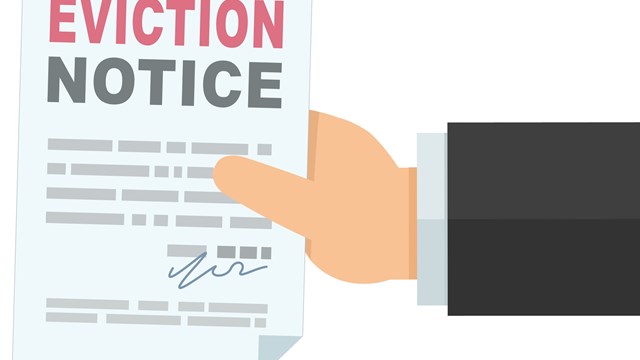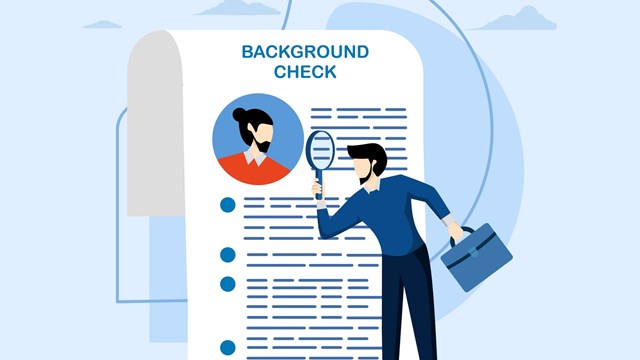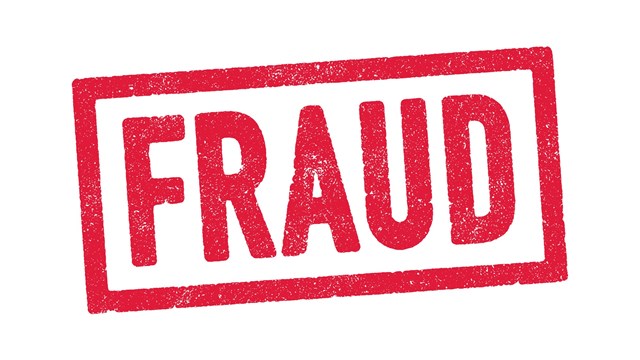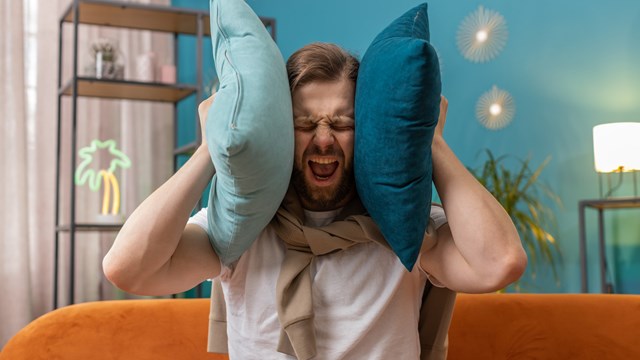Q. I have lived in a Mitchell-Lama co-op since 1992 and never received a copy of the complete house rules. I have been assaulted by a neighbor’s husband; he is not a tenant on record yet lives here and is a very dangerous person. Does the Department of Housing Preservation and Development (HPD) investigate the background for all family members before granting approval? And is the resident required to show his income to HPD?
—Looking for Background
A. Dov A. Treiman, managing partner at the New York City based law firm Adam Leitman Bailey, P.C., says, “In a Mitchell-Lama cooperative, HPD does not do background checks on family members at any time. It is entirely up to the cooperative board to determine what kinds of background checks they do and do not want to do before processing purchase applications. Since cooperatives are actually landlord-tenant relationships (appearances to the contrary notwithstanding), the new laws passed in 2019 severely constrict the fees that Mitchell-Lama cooperatives can charge for these checks. While few boards did background checks on family members even before these laws, the $20 limitation on fees the board can charge makes such checks prohibitively expensive, especially in a Mitchell-Lama development, where there are serious restrictions on how expensive the facility can be and how much money the board can gather for its needs.
“Annually, each Mitchell-Lama cooperator must report to the board the total household income for those who are living in the apartment. Failure to do so can result in serious increases to the maintenance fees the board charges for the apartment, sometimes pentuple what the normal maintenance is. Failure to report these sums accurately is grounds for evicting a cooperator, although the Housing Court usually allows late filings to correct matters. However, fraudulent filings are generally not forgiven.
“Although the reader did not ask, the reader should also want to know that dangerously assaultive apartment occupants, whether they are family members or not, can be grounds for eviction. Frequently under such circumstances, the actual cooperator is permitted to remain in the apartment provided the dangerous person is excluded. If the dangerous person then comes back and it can be shown that the cooperator was tolerating the return, the eviction will proceed.
“Readers may wish to know that while this answer deals with Mitchell-Lama cooperatives, privately funded cooperatives without governmental supervision can once again charge higher fees for background checks, but no more than is required to reimburse the cooperative for the actual expense.”










Leave a Comment